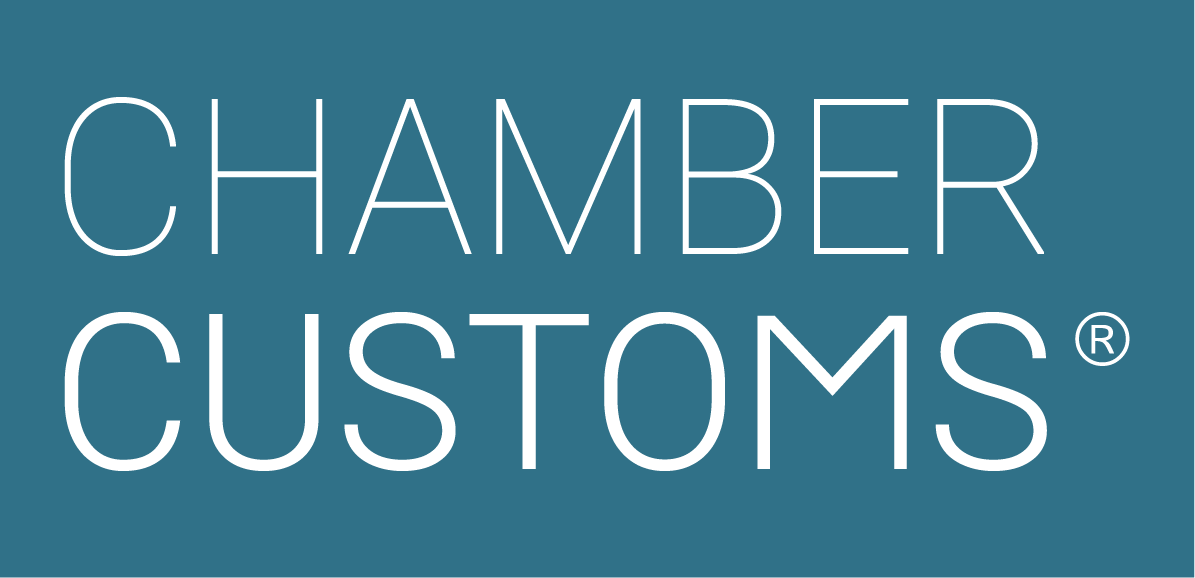The British Chambers of Commerce (BCC) in conjunction with the Department for Business and Trade (DBT) recently ran a webinar on claiming preference and whether your goods qualify for preference, and we want to share some of the points raised.
Claiming preference
When exporting, you may be asked by your customer to provide proof that the goods qualify for preferential origin. Depending on the trade agreement you may be asked for either an EUR1 certificate or to put an origin declaration on the invoice supplied with the goods. For some trade agreements, you need to be an “Approved Exporter” to be able to make origin declarations.
You can apply to become an “Approved Exporter” here
An EUR1 is usually straightforward to complete, and guidance can be found here
Your local Chamber of Commerce can provide you with an EUR1, some importers prefer this to an invoice declaration.
The wording for an invoice declaration varies depending on the trade agreement the goods are being traded under, so you will need to check the trade agreement for the details.
The agreements and guidance can be found here
If you are importing the goods into the UK, there may be a third option, again depending on the trade agreement being utilised to claim preference, and that is known as “Importers Knowledge”. This can be used, for instance, in the Trade and Cooperation Agreement (TCA) between the EU and the UK.
To claim Importers Knowledge, you will need to have an intimate knowledge of your supplier's processing and costings, so this will most likely apply to sister companies or subsidiaries as the information needed to support Importers Knowledge can be commercially sensitive.
In all these cases you may be contacted by HMRC to prove that your goods qualify for a preferential duty rate, and you will be required to evidence that the goods qualify as claimed. This will require you to have a clear breakdown of the components in your product, the price paid for each component, and evidence to support the origin of each component, along with the calculation to show that your goods qualify.
Do your goods qualify?
DBT has provided these slides which explain how to check if your goods qualify.
The rules of origin determine if your goods qualify, and these rules can take various forms depending on the commodity code. Rules of origin are there to ensure that only goods covered by the trade agreement are allowed to claim preferential rates of duty. If we did not have rules of origin there would be nothing to stop companies importing goods from a country that we do not have an agreement with, and then passing them off as qualifying.
The important points to remember are that the rules vary with each trade agreement, and they are all based on the commodity code of the final product. It is always good practice to check your commodity codes as they are amended occasionally, and new conditions can be added at any time, such as the new Russian sanctions on steel products.
Ensuring your goods qualify for preferential origin can give you a competitive advantage over goods that do not qualify by reducing any tariffs payable. Although it can seem burdensome to do this, remember, generally you will only need to do this once for each product, but remember to update the calculation if your product changes.
How can your local Chamber of Commerce help?
Despite the removal of the requirement for a preference certificate of origin when moving goods under some free trade agreements (FTA), importers can face difficulty in demonstrating the ‘Importers Knowledge’ as prescribed by HMRC and by the World Customs Organisation (WCO) Trade Facilitation Agreement.
Chambers of Commerce can offer a potential solution as a trusted third party between a buyer and seller by certifying the origin of goods to a consistent international standard. In the absence of being able to satisfy every aspect of ‘Importers Knowledge’ a Certificate of Origin issued by a Chamber of Commerce in the exporting country can serve as evidence to support a preference claim at import.
More than half a million Certificates of Origin are issued by the UK Chambers of Commerce every year and are trusted by buyers, sellers, and customs authorities around the world.
Chambers of Commerce can issue the following documents:
UK Certificates of Origin
EUR1 Movement Certificates
Arab-British Certificates of Origin
In Conclusion
Understanding and claiming preferential origin for your goods can significantly impact your competitiveness in the global market.
Whether through obtaining an Approved Exporter status, completing necessary certificates, or leveraging Importers Knowledge, the process can be navigated with the support of your local Chambers of Commerce.
Would you like to learn more?
This British Chambers of Commerce nationally accredited course, Preference Rules of Origin, takes a detailed look at the rules of origin, providing clarity, and awareness of the differences between preference and non-preference origin.
Further support
Our experts at ChamberCustoms are well-versed in customs processes, offering guidance to determine if your goods qualify for preferential treatment.
We provide tailored support, guiding you through the process of evaluating commodity codes and determining eligibility under specific trade agreements.

